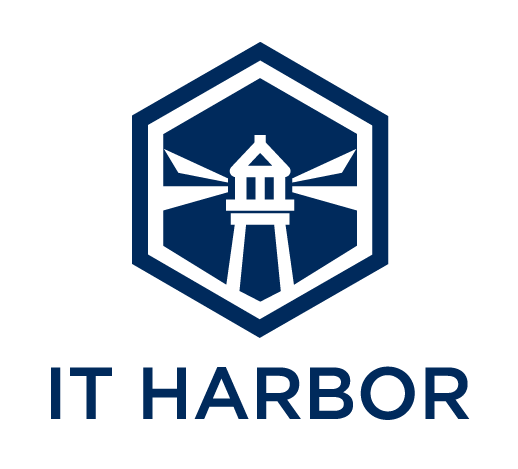
Guide to HIPAA Compliance in Utah
For healthcare organizations in Utah, it’s more important than ever to maintain strict HIPAA compliance. Cybercriminals target the healthcare industry more than nearly any other; the information of nearly 15.1 million patients was compromised in 2018 alone due to cyberattacks on healthcare organizations. If your business isn’t HIPAA compliant, you could face data breaches, heavy fines, and even jail time.
Consequently, we have created a guide to help you achieve HIPAA compliance in Utah. Read on to learn about the importance of HIPAA and how to comply with its regulations in Utah.
Why is HIPAA so important?
HIPAA stands for the Health Insurance Portability and Accountability Act. The act was put in place in 1996, and it protects safeguarded medical details and data. The Privacy Rule was issued in order to ensure that HIPAA was properly implemented in the healthcare industry. The purpose of these regulations is to maintain a strict standard of privacy and security for medical patients’ information.
The type of data recorded in healthcare businesses is highly sensitive, and without safeguards, it would be very easy for a hacker to gain access to your data and use it for fraud, identity theft, and much more. Therefore, HIPAA acts to ensure that companies are well set up to protect patients’ information.
What happens if you aren’t HIPAA compliant?
There are many penalties in place for HIPAA violations, including job termination, fines, and criminal charges, depending on the severity of the violation. Currently, there’s a maximum criminal penalty of $250,000 for individuals who willfully violate HIPAA regulations. Additionally, some businesses can even be terminated if the misdemeanor is incredibly severe.
How does HIPAA compliance compare with Utah state laws?
State laws can differ from the rules underlined by HIPAA. As an example, Utah law states that patients have to sign a consent form for the disclosure of their records when seeing a new doctor for the first time, while HIPAA doesn’t specify that consent is needed. In this scenario, state laws are upheld as they provide the patient with more protection.
Individual state laws and HIPAA work with one another. Whichever ruling gives the patient the most protection will be upheld. So, if the state law is more relaxed than HIPAA, then HIPAA needs to be followed.
How do you achieve HIPAA compliance?
There are two main ways you can achieve HIPAA compliance. The first is to manage compliance in house. This means that your organization takes responsibility for all IT operations and ensures that you have strict cybersecurity measures in place that comply with the HIPAA guidelines.
Achieving In-House Compliance
If you use this approach, then you will need some resources to help you become familiar with compliance regulations and operate within them.
The first thing you need to use is a HIPAA Compliance Checklist. There are different versions available online, so make sure you have an up-to-date one for 2020. Essentially, it provides a list of all the things you need to have in place to achieve full compliance.
Two other tools that are worth looking into include the Risk-Assessment Tool provided by the National Coordinator of Health Information Technology and the NIST HSR Toolkit. Both tools provide you with information on the state of your IT security. The first one alerts you to any potential breaches that hackers can take advantage of so that you can patch them. The second tool helps you follow the HIPAA Security Rule, which requires physical, technical, and administrative safeguards for protected information.
Working with a Managed Service Provider
Alternatively, you could achieve HIPAA compliance by working with a Managed Service Provider that provides security services for healthcare businesses.
The benefit of working with a Managed Service Provider is that they take responsibility for your system’s security. An MSP has the expertise to protect your data and fulfill HIPAA’s requirements. There’s a smaller risk of something slipping through the cracks when you outsource this job to a service provider. Plus, it can be very cost-effective, as you have access to the expertise of an entire team for about the price of one in-house IT employee.
Your healthcare business is required to follow HIPAA compliance. So if you’re looking for help achieving compliance in Utah, outsourcing to an MSP is a great option. A Managed Service Provider will have the expertise to maintain your compliance with confidence and handle your data securely.








